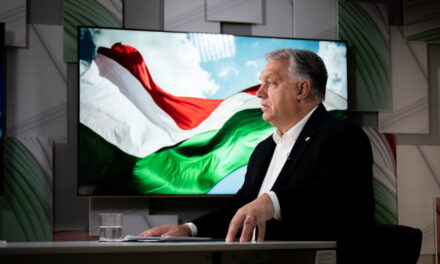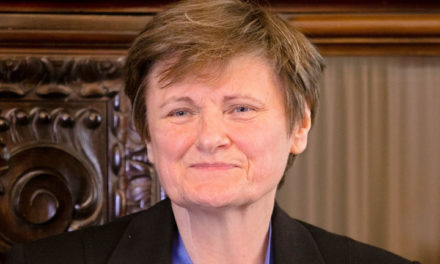According to estimates, the freezing of food prices may have an inflation-reducing effect of around 0.5-1.0 percent from February, the leading economist of the Századvég Foundation said on Friday on the current channel M1.
István Loránd Szakáli added: an inflation crisis is taking place now, in which a wise economic policy must take into account not only the interests of the economy, but also the interests of society. In addition to the food price cap, the economist sees the maximization of fuel prices at HUF 480 as a special measure valid for a temporary period.
In connection with this, he noted that, according to expert estimates, the restriction of fuel prices has already paid off in the inflation data for December, since this step reduced the possible inflation in December by 1.0-1.5 percent. He said that December inflation in Hungary showed a year-on-year increase of 7.4 percent, which is the same as in November. However, in other countries, where similar measures were not implemented, inflation in December was higher, which was 8.9 percent in Poland, for example, he noted.
Inflation is a world phenomenon, István Loránd Szakáli pointed out: the consequence of the restart of the world economy is inflation, which is present not only in Hungary, but also in all of Europe.
Current domestic inflation is predominantly foreign inflation,
runaway energy prices and increased raw material prices play the biggest role in this, he explained. "Once this epidemic is over, these inflation-inducing effects will slowly be behind us, and inflation may slide back to the level it has been used to in recent years," István Loránd Szakáli opined.
Source: MTI/ mandiner.hu
Featured Image: Interspar/Illustration












